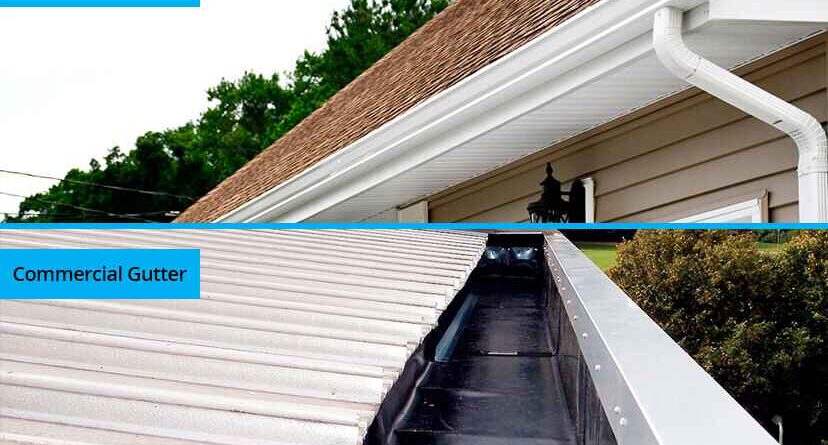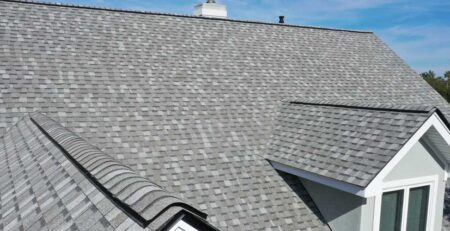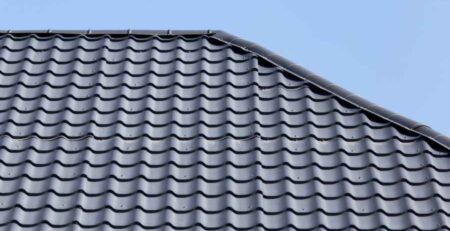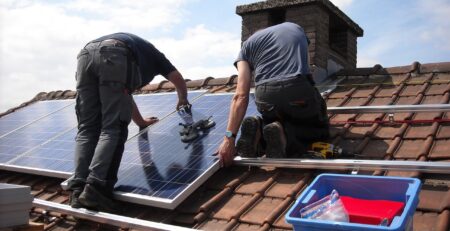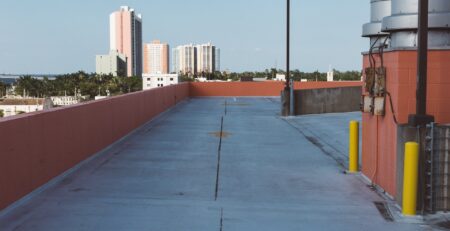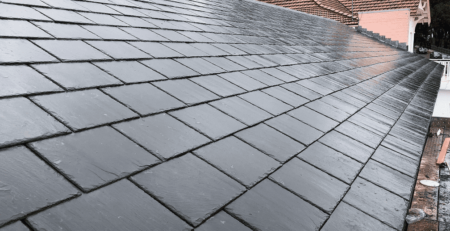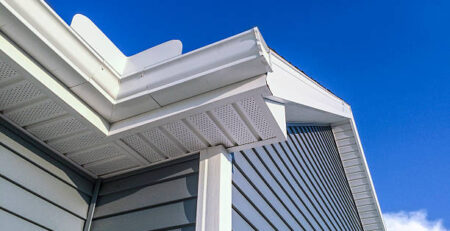Are Commercial Gutters Different From Residential Gutters
When considering the functionality of gutters, consulting Toledo roofing professionals can offer valuable expertise on the distinctions between commercial and residential systems. The divergence in purpose and design between these two gutters is often underestimated, impacting the materials used, installation methods, and maintenance requirements. Understanding how these variances manifest could provide valuable insights for property owners and managers alike.
Key Differences in Purpose
Commercial and residential gutters serve distinct purposes tailored to the specific needs of their respective property types. Capacity differences are vital in distinguishing between these two types of gutters. Commercial gutters are designed to handle larger volumes of water due to commercial buildings’ typically larger roof sizes. In contrast, residential gutters have a smaller capacity as they are meant to cater to the water runoff from smaller roof areas found in homes. Moreover, aesthetic considerations significantly influence the choice between commercial and residential gutters. Commercial properties may prioritize functionality over aesthetics, while residential properties often seek gutters that blend seamlessly with the home’s overall design to enhance curb appeal.
Design Variances
Design variances between commercial and residential gutters are primarily influenced by size, material, and installation methods. Commercial gutters are typically more significant compared to residential gutters due to the larger roof areas they need to drain. The size differences are crucial in ensuring that commercial gutters can handle the higher volume of water runoff from larger roofs. Commercial gutters also prioritize functionality over aesthetic preferences, focusing on durability and efficiency. In contrast, residential gutters may offer more design options to meet homeowners’ aesthetic preferences while effectively managing water flow. Understanding these size and aesthetic variations is essential when choosing the right gutter system for commercial or residential properties.
Material Variations
Material selection plays a critical role in distinguishing between the functionality and performance of commercial and residential gutters. When comparing durable roofing materials, aluminum is a popular choice for commercial and residential gutters due to its lightweight nature, corrosion resistance, and cost-effectiveness. In contrast, copper gutters are typically reserved for high-end residential properties seeking a more aesthetically pleasing and durable option, although they come at a higher price point. Another important consideration is the construction style, with seamless gutters favored for commercial and residential applications due to their reduced leakage risk compared to sectional gutters. While sectional gutters are more common in DIY residential installations, seamless gutters offer superior performance and longevity.
Installation Variances
Considering the differences in size and scale, installation techniques for gutters in commercial and residential roofing settings exhibit significant variances. Commercial gutter installations often pose more challenges due to the larger scale of the projects. Specialized equipment and machinery are frequently required for commercial installations, whereas residential installations can typically be done with more straightforward tools. Weather considerations also play a crucial role in the installation process. Commercial gutter installations may face delays or difficulties due to adverse weather conditions, impacting project timelines. In contrast, residential gutter installations may be more flexible in terms of weather constraints. Understanding these installation differences is essential for successfully implementing gutter systems in both commercial and residential settings.
Maintenance Requirements
Installation variances between commercial and residential gutter systems significantly influence the subsequent maintenance requirements. Due to their larger size and capacity, commercial gutters often require more frequent cleaning than residential gutters. The cleaning frequency is typically higher for commercial gutters to prevent clogs and ensure proper water flow. Weather impacts play a crucial role in maintenance needs as well. Commercial properties located in areas prone to heavy rainfall or snow may need more frequent gutter inspections and cleanings to avoid damage caused by overflowing water or ice dams. Conversely, residential gutters in milder climates may have less stringent maintenance requirements but should still be regularly checked and cleaned to prevent issues.

